Grey Muzzles and Old Bones
- Beth Deitchman

- Nov 17, 2023
- 2 min read
Between seven and eleven (depending on the breed), dogs are classified as senior. Around the time your dog’s muzzle begins to whiten and his pace begins to slow, you may also see changes in his demeanor and interests, but adjustments to your management and enrichment strategies will help you and your dog navigate the challenges of his senior years.
The changes in your senior dog's senses, body, and tolerance levels can inspire new management strategies. For example, if your dog has started to lose her hearing, rather than repeatedly calling her name, try a gentle tap on the floor or a clap to get her attention. You can also replace your verbal cues with visual ones. For dogs who are losing their sight, make sure stairs and other dark areas are well-lit and avoid moving big objects out of their usual places. Painful joints or weaker muscles may make jumping onto furniture difficult for your dog, but a ramp can make it easier for him to curl up next to you on the couch. Your dog may also no longer enjoy playing with other dogs or being around puppies, so give him plenty of safe spaces away from any young dogs in your house—even if he enjoys a little time with your new puppy, he deserves places to rest undisturbed. And resist the temptation to lean on your senior dog for teaching the puppy.
Enrichment is also crucial for your aging dog. Despite her older bones and joints, your senior dog will benefit from gentle exercise. Walks (with lots of sniffing) can replace running or hiking. Games of "find it" in the park can take the place of more energetic games of fetch. If your dog likes water, swimming is excellent exercise as it takes the pressure off an old body. Other forms of enrichment can exercise your dog's mind. Hide treats around your house or put her kibble in a snufflemat for sniffing and foraging enrichment. Short training sessions of a couple of minutes at a time to teach her easy games or to refresh cues will also provide mental stimulation. For dogs who enjoy being touched, massage can soothe aches and pains and help them remain active. Since your old dog needs lots of sleep, give her plenty of warm, soft beds in spots where she won’t be bothered.
As your dog ages, his behavior may also change. He may start at sounds he used to ignore, growl when people reach to pet him, or have accidents in the house. Talk to your vet about these or any other behavior changes as soon as possible as they may indicate underlying medical issues.
It's hard to watch our dogs age, especially knowing that their lives are so much shorter than ours. But we can do a lot to keep them safe and to give them joy as they get older.
Thank you to everyone who provided photos of their beautiful senior dogs!





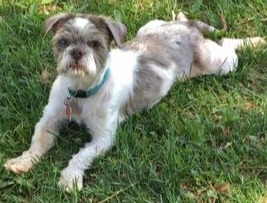



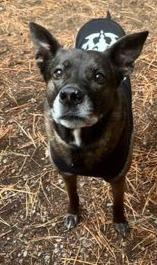

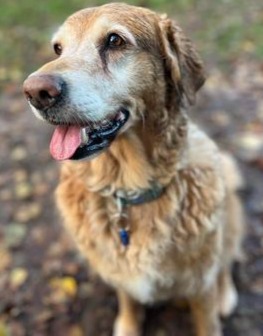





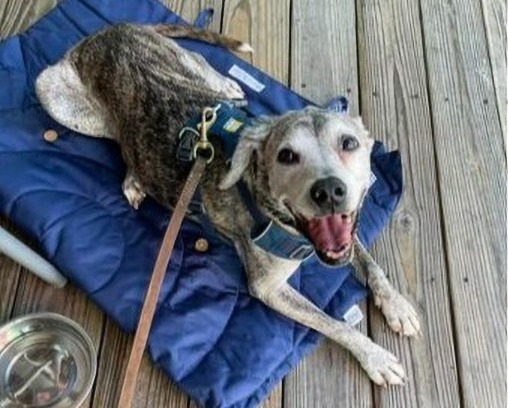

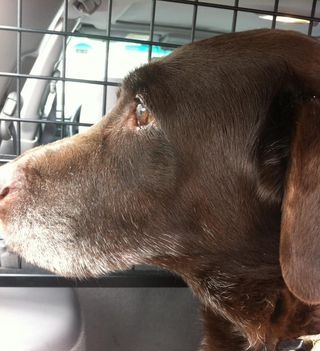











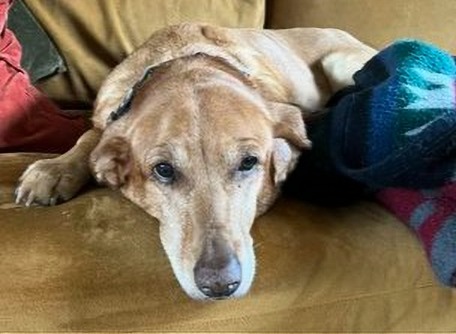







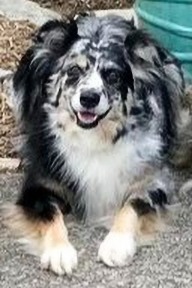



Comments